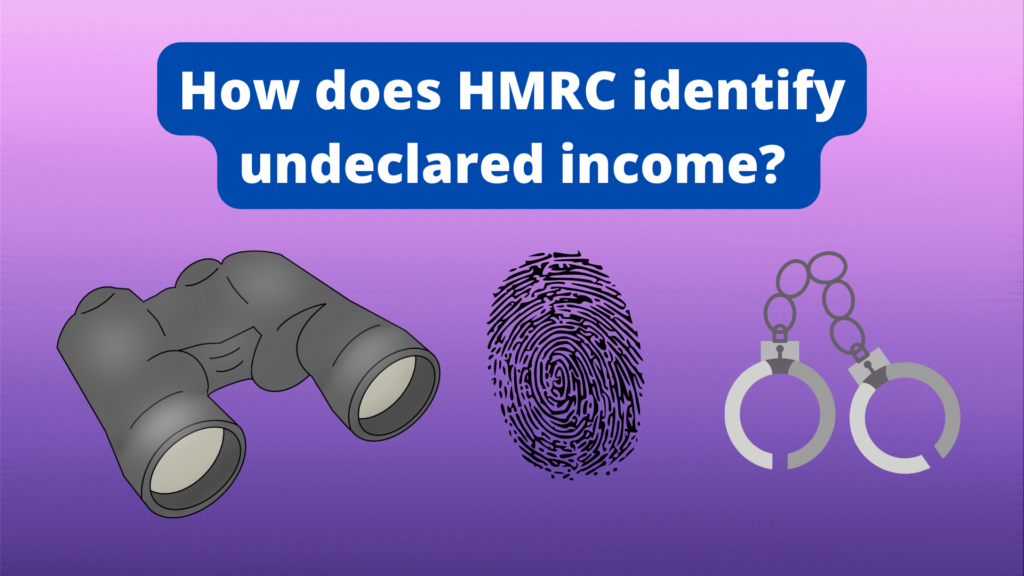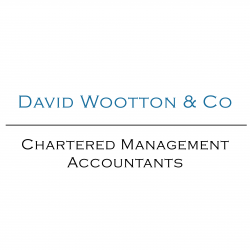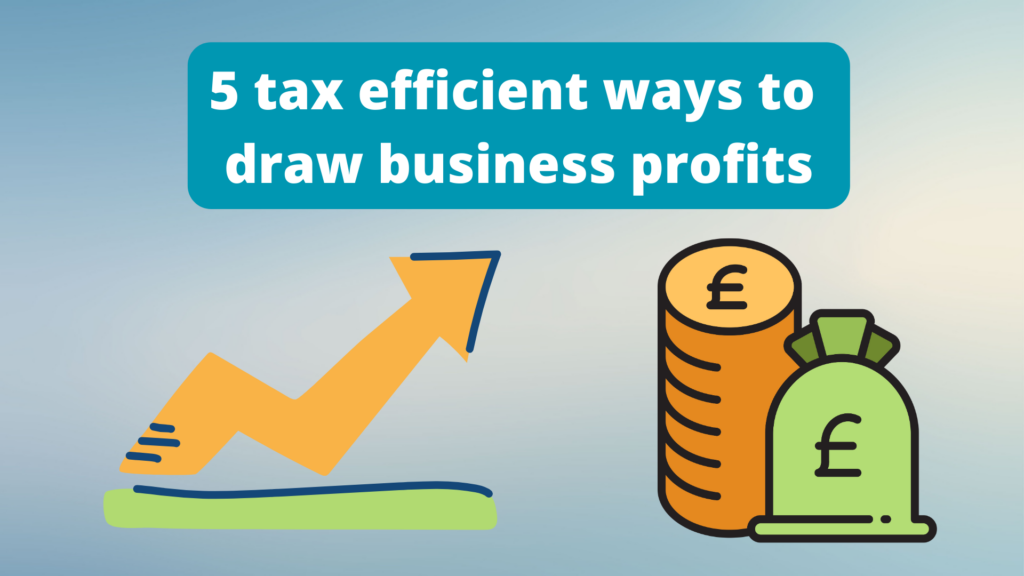HMRC uses some clever tactics to keep an eye on UK taxpayers and their activities, by making the most of the data available.

Here we look at some of the ways HMRC gathers information – and why it’s so important to make sure you keep your tax affairs in order.
General information powers
HMRC can legally request any information ‘reasonably required to check a taxpayer’s tax position’. It’s mainly used in an enquiry, but it is not limited to those – it can be applied to potential tax fraud situations too.
HMRC can also ask third parties for information about taxpayers, such as banks or letting agents. Since 2021, HMRC can approach financial institutions without having first to seek your consent.
Looking for unregistered businesses
HMRC actively searches for non-registered businesses and income that hasn’t been declared. It uses online search tools, reports from members of the public and information from other government departments to watch for potential tax evasion.
It also has Connect, a sophisticated software application which explores large volumes of information to detect patterns and inconsistencies. It’s thought to look at information including bank interest, credit card data and information from the Land Registry.
Other key sources of information include:
- customer lists from websites selling luxury items or services
- policyholder lists from insurance companies
- letting agents’ books
- mortgage providers
- property websites
- socia media
HMRC is said to use social media sites to identify people who appear to be living beyond their means – taking lots of luxury holidays and buying high end cars, or offering properties to let on a short or long term basis.
Targeting landlords and certain professions
HMRC has targeted commonly ‘non-compliant’ pockets of the economy for years, including tradespeople and – interestingly – solicitors and doctors. In more recent times, it has focused on Buy to Let income and money earned from second jobs.
Local authorities that require landlord licences have become a big asset to HMRC in identifying people who often own a portfolio of properties in a single town or city.
Small businesses are also under the microscope – especially where cash-in-hand could be involved. Around half the UK ‘tax gap’ originates from small and medium sized businesses.
Offering rewards
HMRC has a public hotline where people can report tax fraud of all kinds, which receives more than 100,000 tip-offs per year. The informants are encouraged by the offer of financial rewards for a successful conviction.
Publicised wins
An example of HMRC’s successful detective work is the discovery of an escort agency operating from a multi-million pound property in London, after credit transactions were linked to the property. The owner admitted making more than £100,000 per year, tax free, for more than five years.
What to do if you’re worried
You will generally benefit from disclosing any wrongdoing to HMRC as soon as possible, rather than waiting for them to come to you. That way, you’re less likely to be prosecuted. Cooperating fully could also reduce any penalties you might face.
If you have received a letter saying that HMRC suspects you have been involved in tax fraud, there is some guidance here: https://www.gov.uk/guidance/admitting-tax-fraud-the-contractual-disclosure-facility-cdf. It’s a good idea to seek professional advice in this situation.
Get tax advice and support
The safest way to make sure you’re not scrutinised by HMRC is to check that you are paying the correct tax. By working with a reputable accountant you can make sure that all your records are correct and you’re paying the right amount of tax when it’s due.
As Lune Valley tax specialists and accountants, we’re here to help you manage your tax, whether you’re a landlord, a small business owner or you have more than one source of income. For more information, contact us today.


